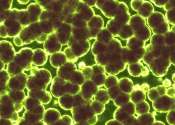A simple rule drives the evolution of useless complexity
A new study at the University of Chicago has shown that elaborate protein structures accumulate over deep time even when they serve no purpose, because a universal biochemical property and the genetic code force natural selection ...









